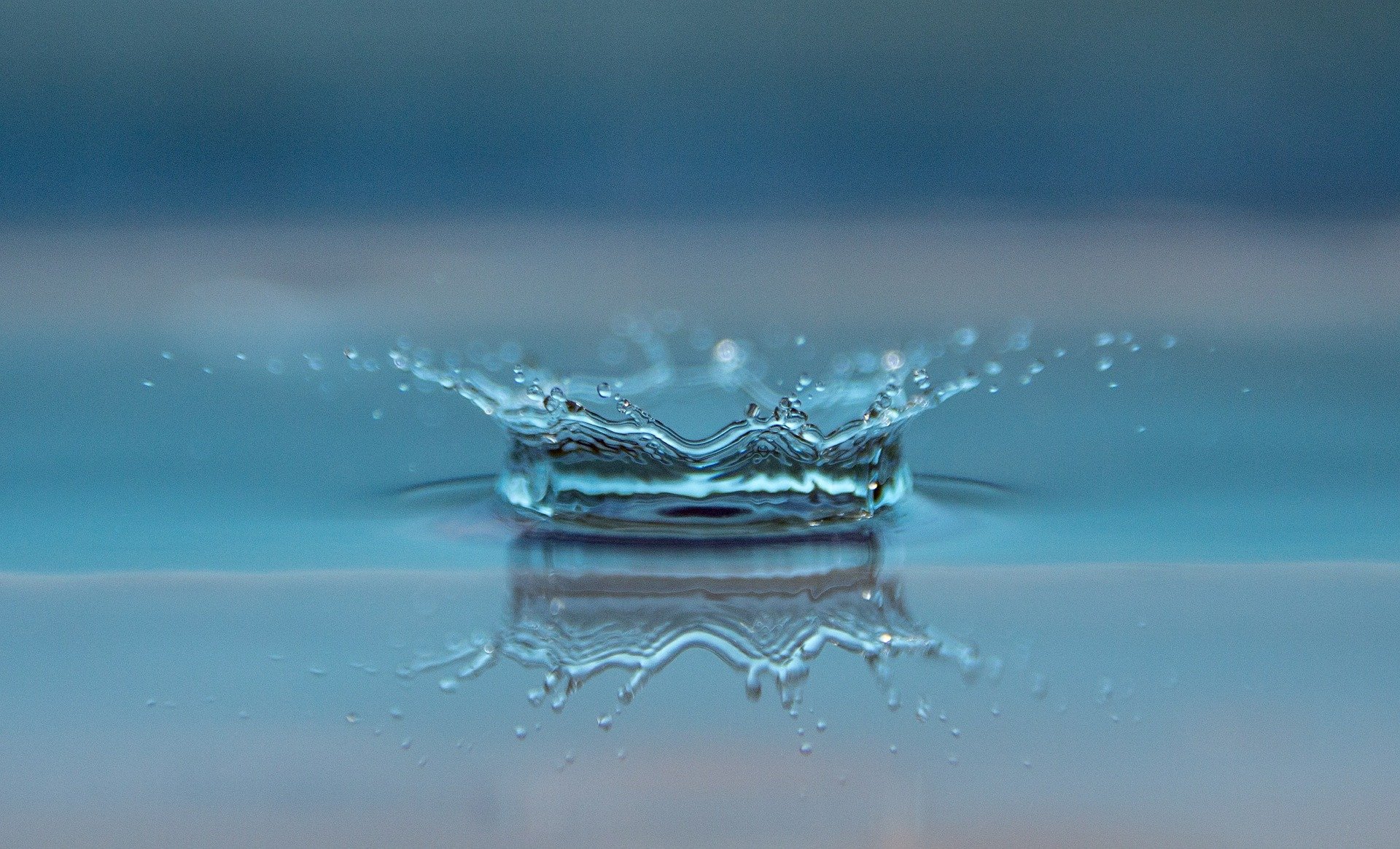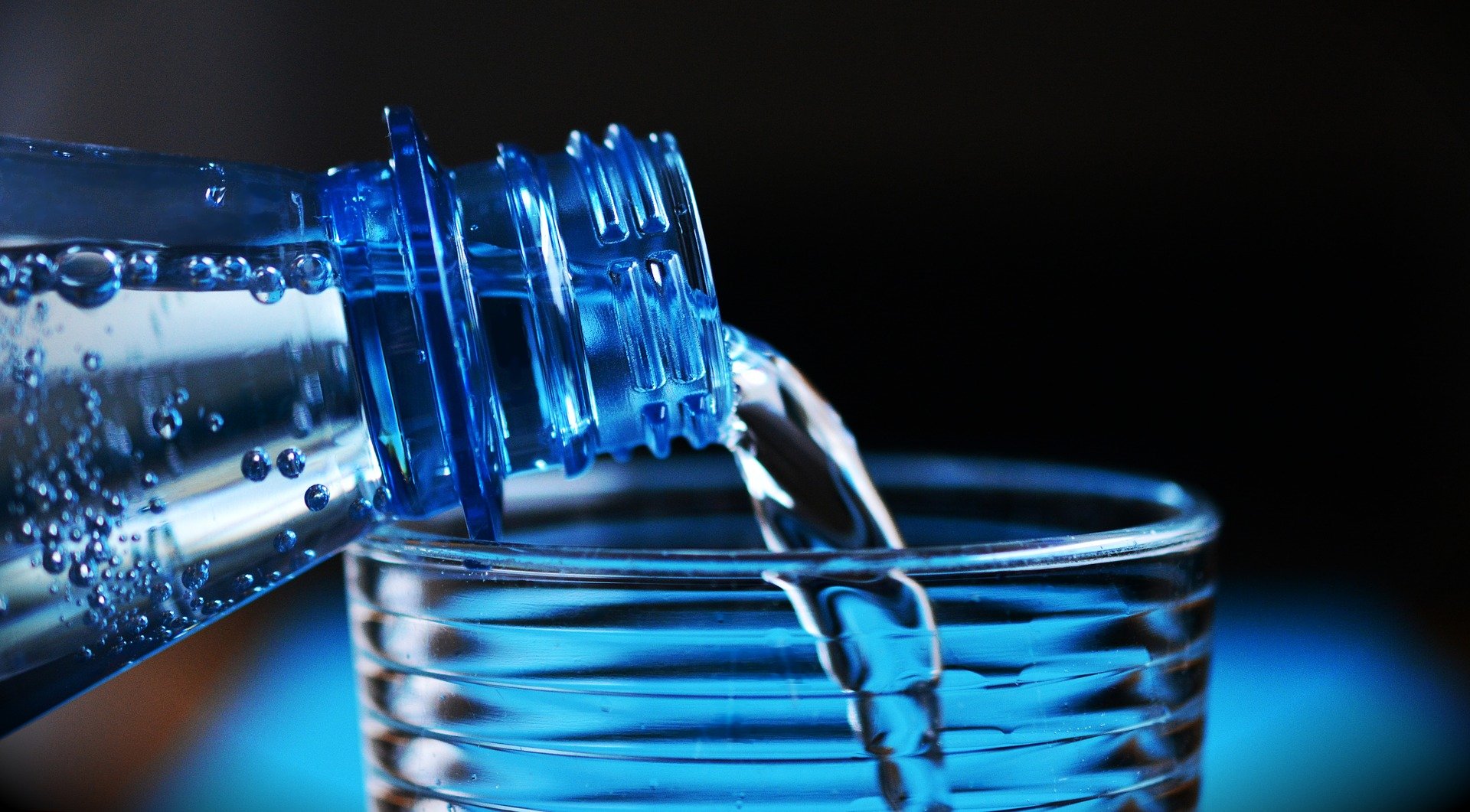Everyone knows that drinking water is very important, but not everyone realises that drinking water in physiotherapy is also of great importance. Consuming the right amount of water has a considerable impact on the proper functioning of almost all processes that take place in the human body. So what role does water play both in the diet and in the physiotherapy?
The role of water in the human body and diet
As much as 75% of the human body is made up of water, which means that it is the main component of every cell in our body. It is what has an extremely important effect on regulating body temperature. During sports or on hot days, people sweat a lot. For this reason, he or she needs to drink plenty of water to avoid dehydration and to support the thermoregulation of the body. Water is also a great support for the digestive system. Consuming enough of it helps fight constipation and simply makes the digestive system work better.

In addition to this, hydration also affects the function of the liver and kidneys. The function of these organs is to excrete toxins from the body, and for this they need water. Proper hydration also helps hydrate the skin and improves the body's cognitive functions. Water has a key role in the human body's ability to regenerate, so regular drinking water in physiotherapyas well as on a daily basis, should be something that each of us does.
Physiotherapist Wrocław: the importance of drinking water in physiotherapy?
Keeping the body properly hydrated has a significant impact on the time and effectiveness of recovery. This is the case regardless of whether the physiotherapy concerns the healing of post-traumatic, post-accident lesions or those resulting from surgery. Drinking water in physiotherapy helps protect tissues, the spinal cord and joints; when the body is dehydrated, its movements are not properly cushioned, which can cause pain in the lower, middle and upper back, as well as the neck. In addition, hydration influences the body's strength and endurance. With a bottle of water, it is therefore easy to boost the energy levels so necessary during a exercise and rehabilitation.
Adequate hydration also has an effect on circulation. It stabilises blood pressure and has a positive effect on overall health. Thanks to water, the body is also better oxygenated, which speeds up recovery. The effectiveness of the therapy depends on both the exercises performed and the level of hydration. It is also worth remembering that drinking water speeds up the metabolism. In this way, it promotes weight loss, and in physiotherapy, the weight of patients is of great importance.




